Rome has a secret name, which very few know
Did you know? Rome also has a secret name, which very few know. Rome has also had another secret name since ancient times and it has always been a sacrilege to pronounce it.
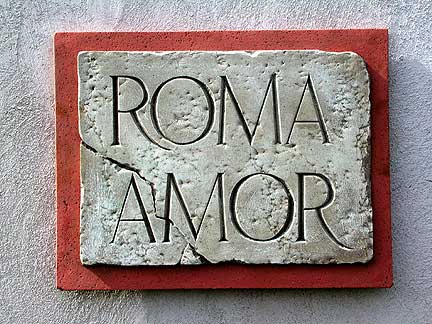
What was this name and what happened to Ovid who tried to reveal it?
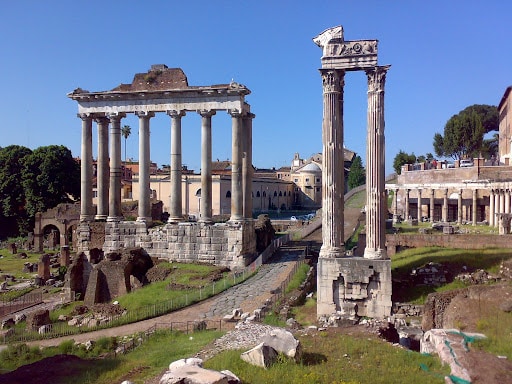
Many anecdotes are linked to the names of Rome. According to a widespread tradition in antiquity, a city had three names: a sacred one, a public one and a secret one. The public name of Rome was joined by the religious name of Flora or Florens, used on the occasion of certain sacred ceremonies, the secret one has remained unknown.
The reason and the need for this secrecy goes back to another tradition widespread among the ancients (but also in some non-Western contemporary cultures) and which is also found in the history of the origin of writing: the name of an object or entity it expressed the essence and energy of the object or entity it defined. Naming something was equivalent to making it alive and existing and knowing the name meant, in practice, having the power to influence, for good or bad, the object of which one possessed the knowledge.
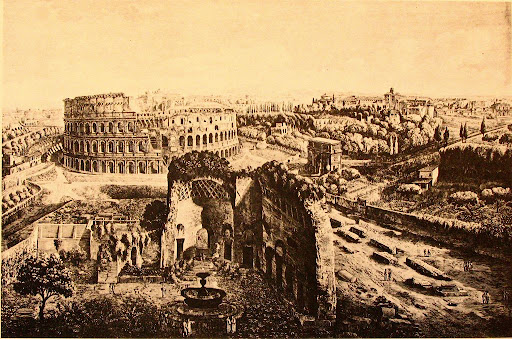
In the case of a city, the secret name corresponded, in fact, to the secret name of the tutelary deity and in fact the Roman Pontiffs, in their invocations, addressed “Jupiter Optimus Maximus or by any other name you wish to be called”. On the basis of this principle, during sieges the patron god of the besieged city was evoked, promising him better rites and sacrifices, so that he would abandon the protection of the enemy city, and for this reason the Romans kept the secret name of their city with extreme care. Quinto Valerio Sorano was executed for having disclosed the name.
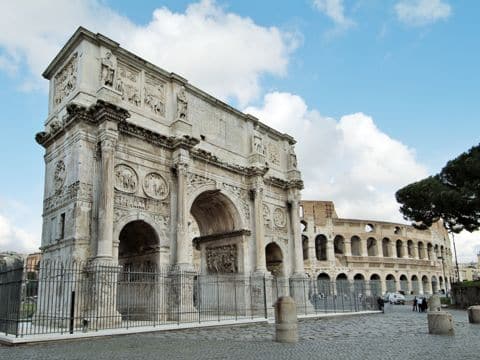
The name of the City of Rome had to remain secret, it was sacrilege to pronounce it. The reason, for the Romans, was attributable to the ancient rite of the Evocatio. The Evocatio was a rite for which the patron god of a city was invoked (e-vocare means “to call from a place”), pronouncing its name, in front of its walls during a siege. Knowing the name of the god was equivalent in the idea to taking possession of the essence of the besieged city and subduing it.

This name was probably known only to the highest pontiffs. There are those who, in modern times, have tried to suggest a hypothesis: the poet and Latinist Giovanni Pascoli, in his Hymn to Rome, claims that the secret name of Rome was his palindrome, Amor, that is love
According to Pascoli, who talks about it in the ode Inno a Roma, the secret name of Rome was its palindrome, Amor, that is love, which meant the secret dedication of the city to Venus, goddess of love and beauty, thus reconnecting to the cult of Venus the parent, mother of Aeneas and of the Roman lineage. Many historians have agreed with this hypothesis.
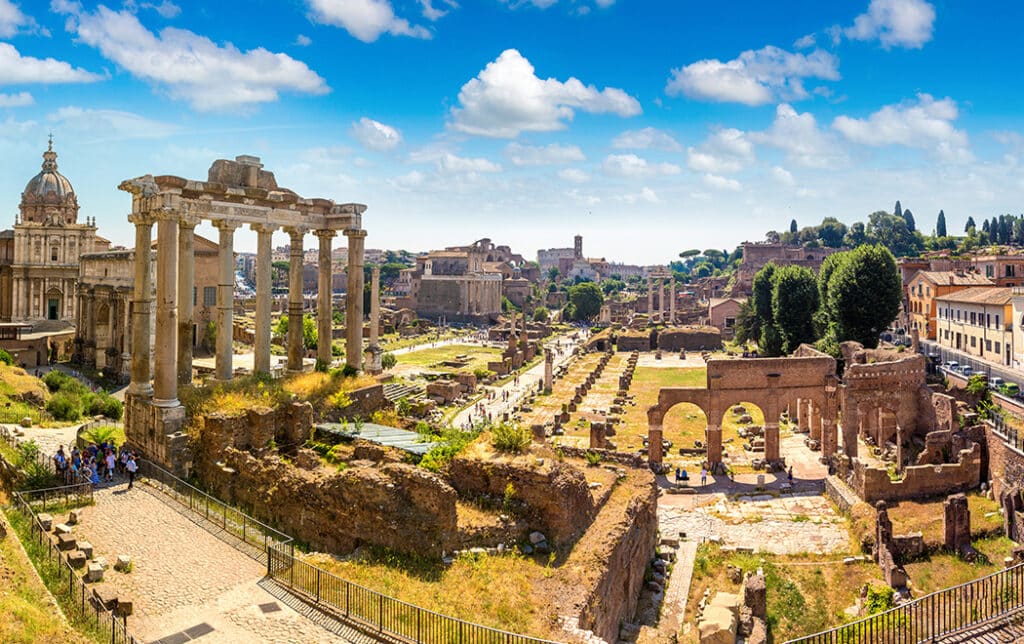
According to other scholars, the secret name would be Maia, the Pleiade mother of Mercury, and the poet Ovid would have been exiled for having revealed or pronounced it. The main Pleiades are seven and Maia is the largest; they would symbolize the Seven Hills of Rome.
In 2017, more than two thousand years after his exile from the capital, the city of Rome rehabilitated the Latin poet Publius Ovidius Naso, officially revoking the “relegatio” decided by the emperor Augustus. Four years ago the Capitoline Assembly unanimously approved the motion, proposed by the Cinquestelle majority, to “redress the grave wrong suffered” by the author of the Metamorphoses who was exiled to Tomi, in Romania.
